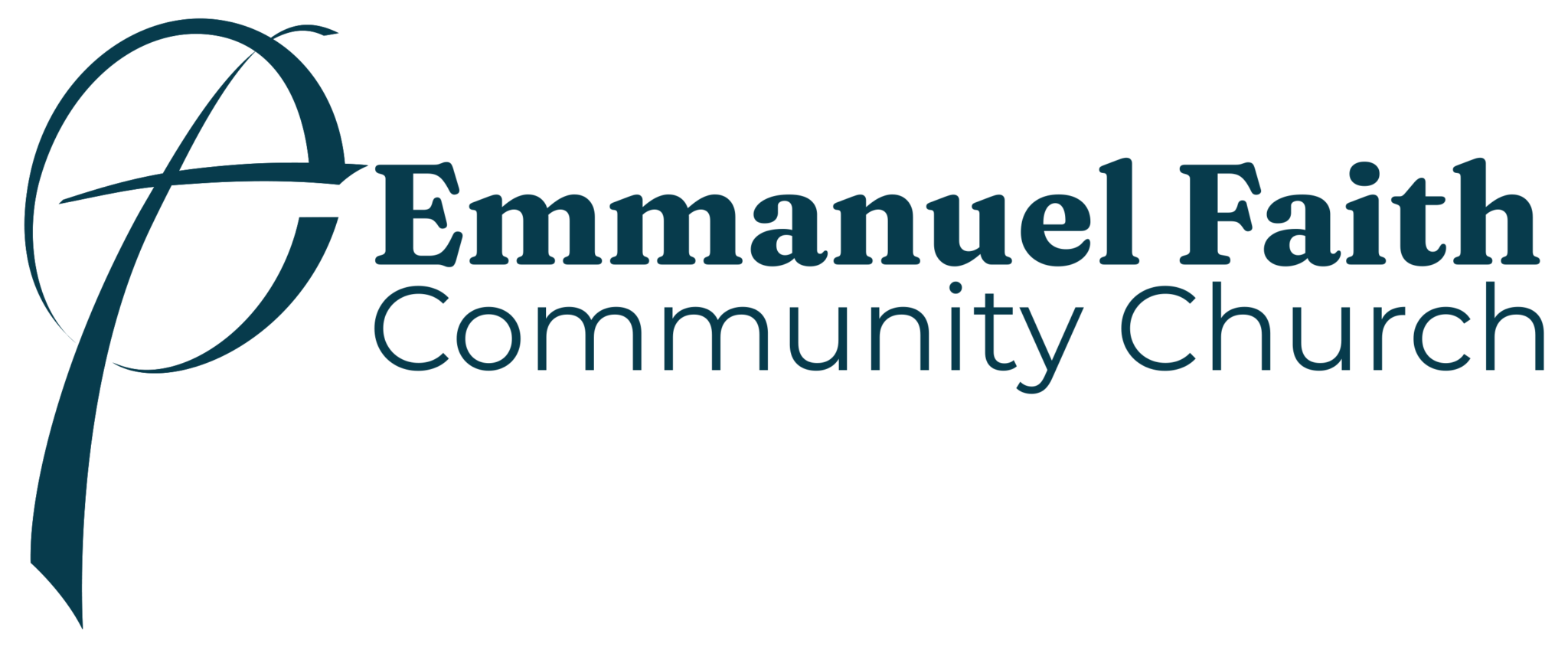I do not occupy myself with things
too great and too marvelous for me.
Psalm 131:1
One of the questions that this psalm made me consider initially was whether it suggests an anti-intellectual, anti-knowledge mindset? Perhaps taken out of context this verse might suggest that there are things we just shouldn’t try to understand or know, but after reading the entire psalm, we might be offered a more appropriate theme to focus on: humility. I believe that one aspect of humility that this psalm is encouraging us in is that of embracing one’s limits. But what does it mean to “embrace one’s limits”?
When thinking of how to apply what it means to embrace our limits to seeking knowledge, I was brought back to my intellectual and spiritual journey that largely began to take shape in high school. I had the incredible privilege of working my way through some pretty hefty texts that forced me to grapple with ideas I had never considered before: what is a human and are we fundamentally good or evil? What is evil? What is goodness? Who is God? What is wisdom? What is truth? Is it subjective or objective?
I think after reading so many authors that deal with many of the same questions and ideas but in radically different ways, I sometimes felt like I was getting intellectual whiplash. One day I’d read Augustine and think, “Wow, he really explains this beautifully and well!” And then I might read Nietzsche, who completely disagrees with Augustine but is just as convincing and powerful in his argumentation. One after another I’d wrestle and grapple with all the ideas I was encountering so that at times I just felt lost and inadequate; how on earth could I sift through all this and still come to know the truth? Should I just throw it all out and only trust the Bible for truth and knowledge?
And this is what I slowly began to realize:
I know now, Lord, why you utter no answer. You are yourself the answer. Before your face all questions die away. What other answers would suffice? (Lewis, Till We Have Faces).
Jesus is “the way, the truth, and the life” (John 14:6), and being in his presence is what allows us to let go of needing to have all the answers. Because when we know him, he is enough. More than enough! Does that mean that we should not seek knowledge and be curious? Of course not! But once we know him, not having all the answers won’t bother us anymore. This is why the psalmist says, “O Israel, hope in the LORD from this time forth and forevermore” (Psalm 131:3), because this is embracing our limits: to be in relationship with the God of the universe and to rest and hope solely in him rather than in the efforts of our own intellect.

